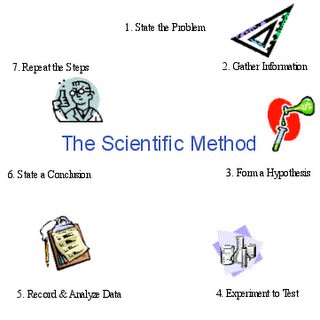
May 8,2003- lecture hall at the University of Maryland (UMd), in USA. The "organizers" - Association for India's Development (AID), whose "headquaters" it is at UMd......... India's "eminent historian" Romila Thapar, after having read out a paper on "Rewriting History" is facing questions from the audience, many of which are "hostile", but with an effective moderator shield, and an ability to coin theories of her own at will, she wards away or dismisses most of them (read a detailed report here). Then comes the chance of a young,lanky mechanical engineering graduate from UMd, who was sitting in the back row. He literally nails her down on the question of carbon dating, and yet, she escapes, airing 5 different opinions in a span of two minutes, which would have put any scientist to shame for the mere subject he or she is learning. In another corner of the room, I sat, convinced that the title of "marxist" is simply an undeserving adornment to this liar lady, but more so wondering about the connection between history and science
Fast forward,...... February of 2006.. As I reread about the California textbook issue , and the arrogance shown by "history professors" like Michael Witzel, dismissing any scientific evidence against them as Hindu conspiracy, and collapsing under the weight of their own false assumptions , yet refusing to accept their mistakes, the thought comes back to me - should not "historians" learn a bit of science ? of things like carbon dating, archeology, oceanography, and the history of science itself ? Do they , in their "illustrious" academic life at places like JNU ?
I usually take pride in my google search abilities, but this one fails me, or if not, there simply isn't any data available on the internet about what is taught in JNU as part of, say , MA in History. The ilk of Thapar who supposedly are the moving force behind the center for historical sudies at JNU , does not seem to be bothered about the transparency and "the right for everyone to know" that they otherwise demand of governments, of textbook committees and so on. Thapar often says "There is a unique method with which historians arrive at conclusions" , Madam, are we mortals entitled to know what that method is ? We were taught, in our moral science classes that history should be scientific, based on evidence, and unbiased. But listening to your fancy theories, and replacement of scientific proofs with "historians methods", I wonder if some one told us the wrong thing in school !
Well, forget JNU, let us look at some not-so-famoud ones. Here's Mumbai University's syllabus .. There isn't anything about the study of science that may come in as a tool for history, but thankfully, there is some mention of a historical method and also mention about archeology, even though the emphasis seems to be on the history of archeology. Further searched lands me in the term historiography.. may be thats what the esteemed Madame meant, eventhough I remain cluless why she was so secretive about using that term. And its perhaps what wikipedia says that she quotes often in her defense. Conal Furay and Michael J. Salevouris define "historiography" as "the study of the way history has been and is written--the history of historical writing... When you study 'historiography' you do not study the events of the past directly, but the changing interpretations of those events in the works of individual historians." .
Well then, firstly, I then wonder what right does it give Thapar and co to say "rewriting history" is a crime ? Secondly, according to the methodolgy given, did not Thapar herself go against the primary source, using her secondary interpretation as is in the case of Timur quoted in this report ? And third and most improtantly, if there can be an accepted "Marxist" school of history, is it not high time we had a scientific school of historiography ?
In this short piece, I do not intend to find answers or reach conclusions in as much as I want to raise questions, but before ending it , would like to add those inescapable links that turned up in the google search, all from department of history pages - Science and Technolgy in world history ( South western University) , the scientific method in history ( University of Minnessotta),... Oh well, what right do I have to talk about Indian history - after all I am engineer and an NRI
No comments:
Post a Comment